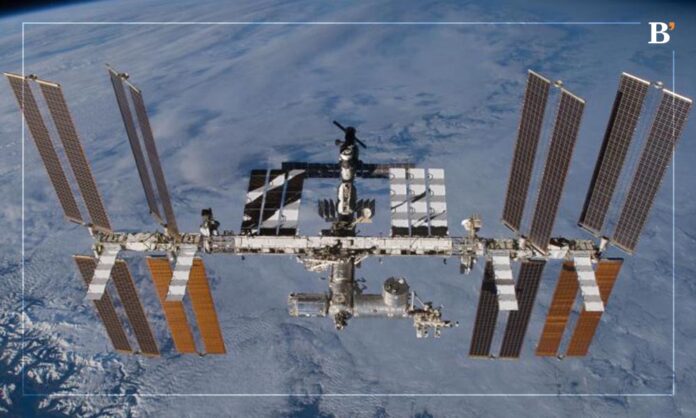Key Highlights
- Two cardiovascular tissue experiments developed by CU Boulder’s BioServe Space Technologies were launched to the ISS aboard SpaceX CRS-27.
- The heart experiments aim to understand better how treatments impact cardiovascular issues in Earth-bound people and to advance treatments that could be provided to astronauts in space.
The University of Colorado Boulder researchers are collaborating with astronauts aboard the International Space Station (ISS) to conduct two cardiovascular tissue experiments. Both heart experiments were launched aboard SpaceX CRS-27 on March 15, 2023, and CU Boulder’s BioServe Space Technologies developed both hardware. The research is part of the National Institutes of Health grants from Stanford University and Johns Hopkins University.
Studying Cardiovascular Health In Space
According to Stefanie Countryman, director of BioServe, astronauts in space experience negative impacts on their cardiovascular systems when they go to space. This is because our organs evolved to function on Earth and function differently in space.
The heart experiments aim to understand better how these treatments impact cardiovascular issues in Earth-bound people and advance treatments that could be provided to astronauts before launch or while in space.
BioServe’s Contribution To The Advancement of Space Research
BioServe, with its extensive experience in space research, has been designing, building, and flying microgravity life science research experiments and hardware since 1987.
The two heart experiments launched on March 15, which aim to understand the impact of treatments on cardiovascular issues, include specialized hardware developed by BioServe specifically for these projects.
Both experiments will use BioServe’s Space Automated Bioproduct Lab, an orbiting incubator that has been in use on the ISS since 2015. Past heart studies have shown that microgravity exposure can lead to long-term damage or cardiac muscle atrophy.
The Stanford experiment will test pharmaceuticals that could reduce microgravity-induced changes in heart cell function while the Johns Hopkins project aims to study the following:
- The performance of human cardiomyocytes
- The potential of specific therapeutics to prevent negative impacts
Potential Benefits For Cardiac Patients On Earth
Though two heart experiments launched on March 15 are intended to help astronauts in space, they could also potentially benefit individuals on Earth who suffer from heart conditions due to the following:
- Aging
- Abnormalities that weaken the heart muscle
BioServe conducts live uplinks with astronauts to walk them through the experiments. As both a research facility and educational center, BioServe employs full-time staff and students to advance their work. Undergraduate and graduate students are responsible for assembling hardware and kit design and helping with crew uplinks.
However, working with astronauts does have a downside: frequent late nights. ISS astronauts live and work on Coordinated Universal Time, so the crew day begins at 1:30 a.m. Colorado time. Despite the inconvenience, Stefanie Countryman says it’s a small price to pay to work with people in space.




